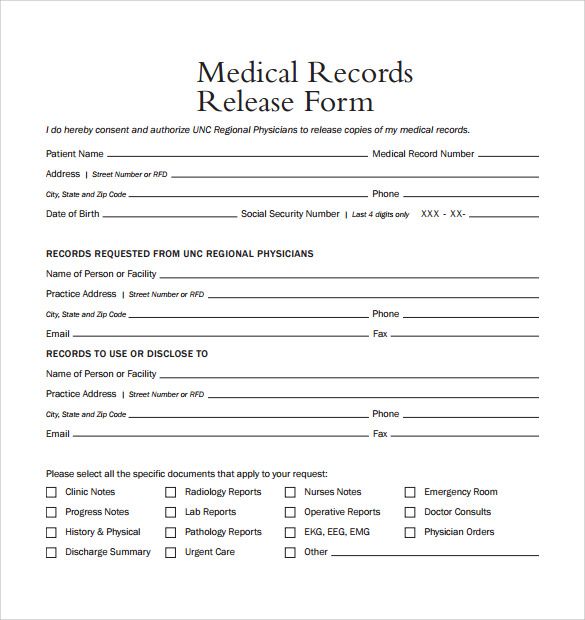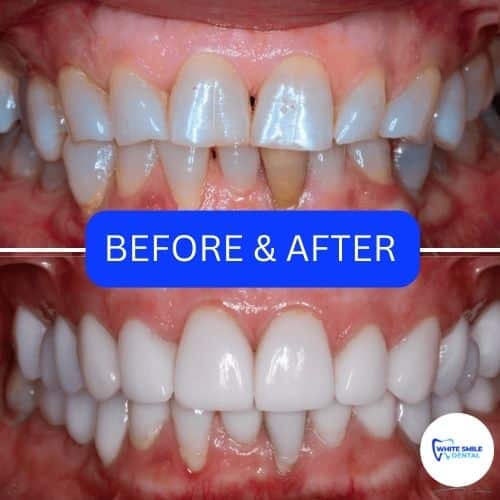How To Get Dental Records

Obtaining dental records is a process that involves several steps and considerations, particularly in terms of privacy and the legal framework that governs the release of personal health information. Dental records are crucial for continuity of care, legal purposes, and insurance claims, among other reasons. Here’s a step-by-step guide on how to get dental records, focusing on the importance of these records, the legal aspects, and the practical steps involved.
Importance of Dental Records
Dental records are comprehensive documents that include a patient’s dental history, treatments, examinations, and personal details. They are essential for:
- Continuity of Care: Ensuring that any new dentist or healthcare provider has a complete picture of your dental history, including treatments, allergies, and health conditions that could affect dental care.
- Legal Purposes: They can serve as evidence in legal proceedings, particularly in cases of malpractice or personal injury claims.
- Insurance Claims: Many dental insurance providers require detailed records to process claims and reimbursements.
Legal Aspects of Obtaining Dental Records
The Health Insurance Portability and Accountability Act (HIPAA) in the United States, and equivalent laws in other countries, sets stringent rules regarding the privacy and security of personal health information, including dental records. These laws typically provide patients with the right to access their health information, including dental records, under certain conditions.
- Patient Rights: Generally, patients have the right to request and obtain copies of their dental records. This right is fundamental in healthcare, ensuring patients can manage their health information effectively.
- Privacy and Security: Dental practices must ensure that records are handled, stored, and transmitted securely to protect patient privacy.
Step-by-Step Guide to Obtaining Dental Records
Identify the Dental Practice: Determine which dental practice or practices you need to contact for your records. If you’ve seen multiple dentists, you may need to contact each one separately.
Contact the Dental Practice: Reach out to the dental practice via phone or in person to inquire about their process for releasing dental records. Some practices may have an online portal or a specific form that needs to be completed.
Provide Identification: Be prepared to provide identification to verify your identity. This is a security measure to protect your privacy under HIPAA.
Complete a Release Form: Most dental practices will require you to sign a release form, which authorizes them to release your records to you or to another party that you specify. Ensure you understand what the form allows and to whom your records can be released.
Pay Any Applicable Fees: You may be charged a fee for copying and mailing your records, although the specifics can vary by practice and jurisdiction. Be sure to ask about any costs upfront.
Wait for the Records: After submitting your request, wait for the dental practice to assemble and release your records. The time this takes can vary, so it’s a good idea to ask about the expected turnaround time when you make your request.
Review Your Records: Once you receive your dental records, review them carefully for accuracy and completeness. If you find any errors, contact the dental practice to have them corrected.
Digital Dental Records
With the advent of digital technology, many dental practices now keep electronic dental records (EDRs). These offer several advantages, including easier storage, faster retrieval, and enhanced security. When requesting your records, you might ask if they can be provided digitally, which could expedite the process and reduce costs.
Conclusion
Obtaining dental records is a straightforward process that involves understanding your rights as a patient, being aware of the legal framework that protects your health information, and following the specific procedures of your dental care provider. By taking these steps, you can ensure you have access to your comprehensive dental history, which is essential for your ongoing dental care and any future health considerations.
Frequently Asked Questions
How long does it take to get dental records?
+The time it takes to receive your dental records can vary significantly depending on the dental practice’s policies and workload. Some practices may be able to provide records immediately or within a few days, while others might take several weeks. It’s best to inquire about the expected timeframe when you submit your request.
Can I get my dental records emailed to me?
+Yes, many dental practices can provide your records digitally, either through email or an online patient portal. However, due to privacy and security concerns, they may require you to set up a secure account or use encrypted email services to protect your health information.
Do I have to pay for my dental records?
+You may be charged a fee for copying and preparing your dental records, although this can vary by dental practice and jurisdiction. The cost is typically reasonable and covers the administrative time and materials needed to fulfill your request.


